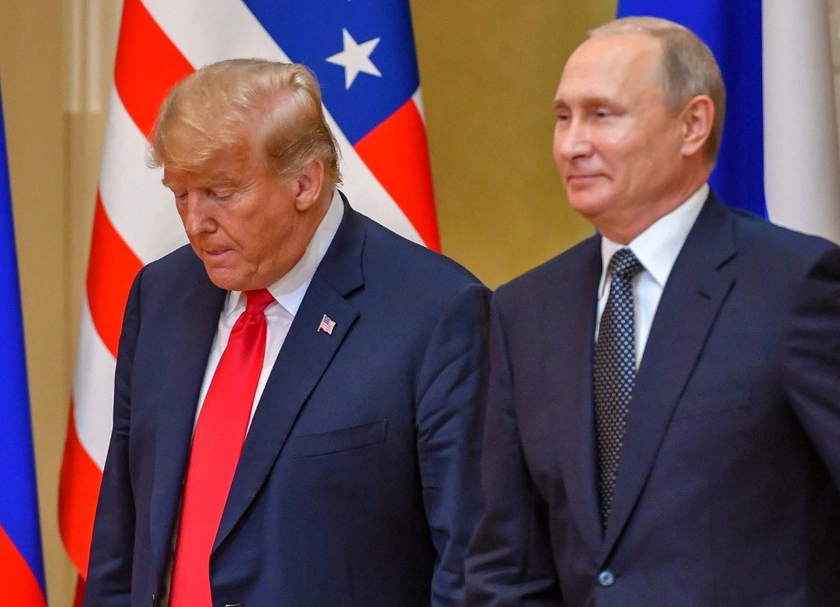Nearly twenty years after the Kremlin raided the Yukos energy company, seizing it from its private shareholders, an international court of arbitration has ruled that the Kremlin must pay investors $50 Billion.
Former Yukos Oil shareholders received much welcome news as the Amsterdam Court of Appeals ruled that they should receive $50 Billion, from the Russian Federation, due to the illegal exploitation of their company two decades ago. The court had earlier ruled that the shareholders would have the right to liquidate Russian government assets abroad to recover the money.
JOIN US ON TELEGRAM
Follow our coverage of the war on the @Kyivpost_official.
At its peak in 2003, Yukos accounted “for 5 percent of the [Russian] federal budget, employing 100,000 people across 50 regions, and reaching a market value of more than $33 billion,” making its founder, Mikhail Khodorkovsky, one of the wealthiest men in the world.
The downfall of Yukos came after a public meeting between President Vladimir Putin and Khodorkovsky where the latter argued with Putin, saying that corruption by government officials was a problem in Russia. Shortly thereafter, Khodorkovsky was arrested for what European and American leaders described as “political persecution” and spent ten years in prison before being released by a pardon from Putin.
Khodorkovsky now resides in the United Kingdom and has been outspoken in his support for Ukraine since Russia began its invasion in 2014.

Trump Reportedly Looking to Ease Sanctions on Russian Energy
GML Limited, which “through its wholly owned subsidiaries, Yukos Universal Limited and Hulley Enterprises Limited, [GML Limited] was the majority shareholder of the former Yukos Oil Company,” expressed satisfaction that the court had rejected Russia’s “last-ditch attempt to escape accountability.”
GML’s Executive Director, Tim Osborne, via a press statement, indicated that more “than twenty years after the brazen expropriation of Yukos, and more than ten years after being ordered to pay the largest award of damages in the history of arbitration, more than fifty billion dollars, the Amsterdam Court has rejected Russia’s last remaining legal excuse: time to pay up.”
Getting Russia to voluntarily pay-up would be a significant challenge, however the court’s rulings will allow the aggrieved to seek restitution via the sale of Russian assets located outside of Russia.
“We will continue to focus our attention on the ongoing enforcement against Russian state assets in The Netherlands, England, and the United States, and we do not rule out we will start enforcement proceedings in other countries as well,” wrote Osborne.
In its ruling, the Court ruled that the “Russian courts bent to the will of Russian executive authorities to bankrupt Yukos, assigned its assets to a State-controlled company, and incarcerated a man who gave signs of becoming a political competitor.”
These strong-arm tactics were coupled with the Russian state’s “campaign of intimidation and harassment, [which] not only disrupted the operations of Yukos but also contributed to its demise,” as part of an effort “not to collect taxes but rather to bankrupt Yukos and appropriate its valuable assets.”
Russia has significant foreign assets that are currently frozen, including more than over $200 Billion in the US and EU and over $20 Billion in the UK. Russia has not issued a statement in response to the court’s ruling.
You can also highlight the text and press Ctrl + Enter










